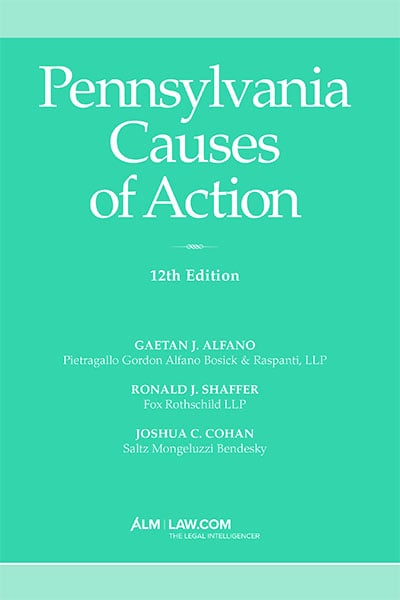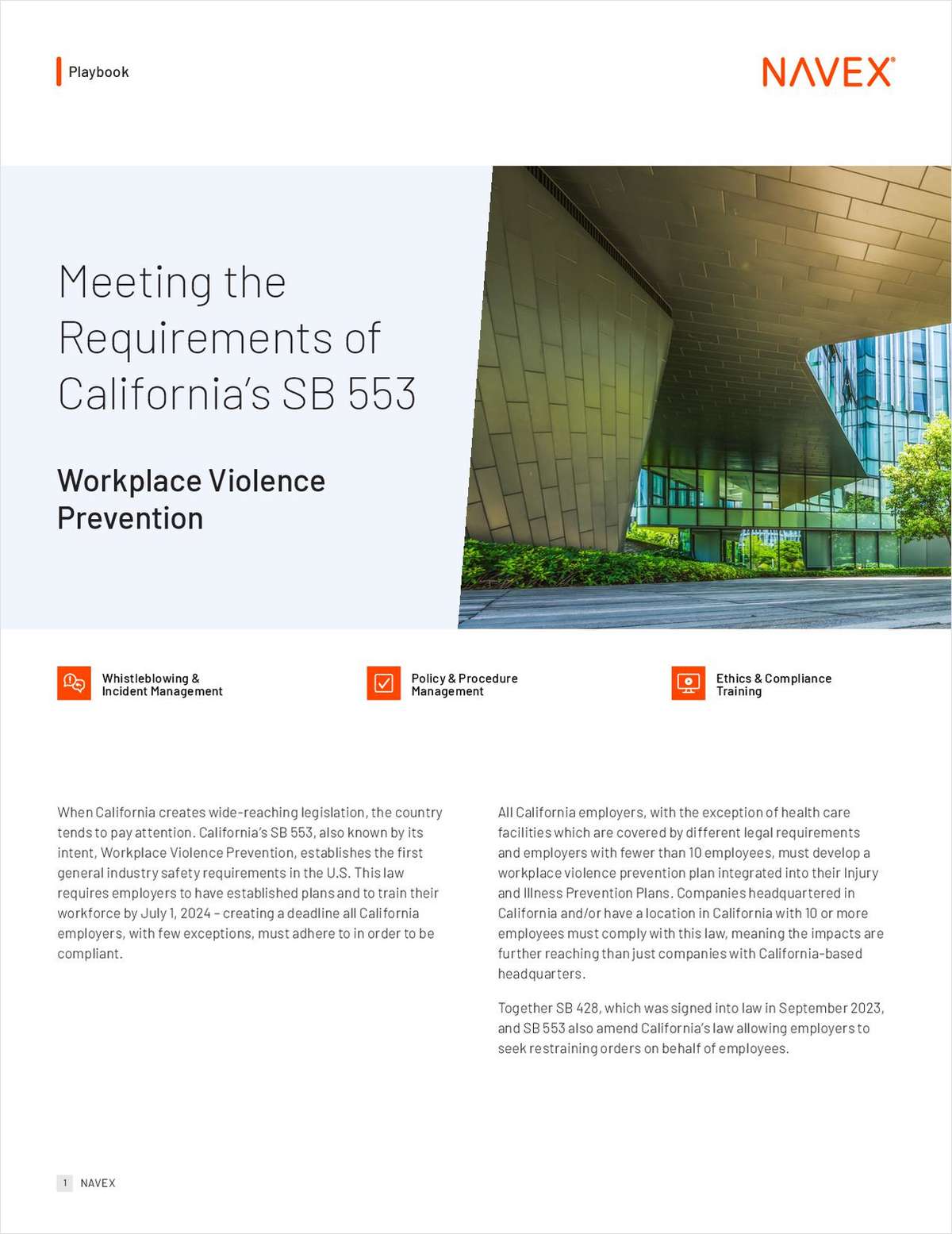0 results for 'undefined'

High Court Agrees to Sit Down to Religious Tea Case
The Supreme Court agreed Monday to consider a Bush administration plea to keep members of a New Mexico church from using a hallucinogenic tea in their ceremonies. The administration wants the high court to overturn a November 2004 en banc ruling by the 10th U.S. Circuit Court of Appeals. The en banc decision affirmed an earlier injunction that prohibited the government from barring importation and use of the tea, which contains a substance barred under the federal Controlled Substances Act.
Supreme Court hears immigrant's ID theft case
WASHINGTON (AP) ? Ignacio Carlos Flores-Figueroa, an undocumented worker from Mexico, made a curious and undeniably bad decision.
Real Estate Workouts - Excess Nonrecourse Partnership Debt
In his Real Estate Securities column, Peter M. Fass, a partner at Proskauer Rose, continues a discussion of the tax consequences of restructuring a troubled loan secured by real estate, where the owner is a partnership, with a review of a recent IRS revenue ruling which addresses guidance on cancellation of indebtedness income in the partnership context.
Quicklaw for Office Combines Internet, Legal Research and Microsoft Office
LexisNexis Canada, a provider of content, software, and workflow tools for Canadian legal professionals, launched Quicklaw for Microsoft Office on Thursday, which integrates Office tools, online legal research and the Internet.
View more book results for the query "*"


Justices to Mull Statute of Limitations in Med Mal Cases
The state Supreme Court has agreed to hear arguments on whether, in light of the certificate of merit requirement, the statute of limitations in a medical malpractice case where there are multiple potential causes of an injury should toll upon confirmation of the specific cause of the injury or simply upon discovery that the injury was the result of someone else's conduct.
Heirs in $165M Suit Say Coke Ties Compromise SunTrust Banks
SunTrust Banks Inc.'s failure to diversify family trust assets that sometimes had up to 90 percent Coca-Cola stock has prompted claims against the bank. The $165 million federal suit raises questions about the bank's decades-old relationship with Coke and also will likely test the limits of attorney-client privilege between King & Spalding and its longtime clients Coke and SunTrust. The bank has identified two King & Spalding partners in the firm's trusts practice as witnesses in the case.

College gossip Web site targeted by New Jersey attorney general denies breaking law
TRENTON, N.J. AP - The college gossip Web site JuicyCampus.com has criticized a consumer fraud investigation launched by the New Jersey attorney general."JuicyCampus has not violated any laws," reads an unsigned statement posted on the Web site earlier this week. The statement also accuses the attorney general of interfering with users' free speech.
3rd Circuit Says Corporations May Take Info Requests 'Personally'
Lawyers for AT&T have won a court battle with the Federal Communications Commission over whether corporations are entitled to assert claims of "personal" privacy. The FCC argued that when Congress crafted the exemptions clauses of the Freedom of Information Act, it intended the phrase "personal privacy" to extend only to human beings. But AT&T claimed that FOIA specifically defines the term "person" to include corporations. The 3rd Circuit has ruled that AT&T had the better argument.Trending Stories
- 1Infant Formula Judge Sanctions Kirkland's Jim Hurst: 'Overtly Crossed the Lines'
- 2Preparing Your Law Firm for 2025: Smart Ways to Embrace AI & Other Technologies
- 3Mass. Judge Declares Mistrial in Talc Trial: 'Court Can't Accommodate This Case'
- 4It's Time Law Firms Were Upfront About Who Their Salaried Partners Are
- 5Greenberg Traurig Initiates String of Suits Following JPMorgan Chase's 'Infinite Money Glitch'
Featured Firms
Law Offices of Gary Martin Hays & Associates, P.C.
(470) 294-1674
Law Offices of Mark E. Salomone
(857) 444-6468
Smith & Hassler
(713) 739-1250
More from ALM
- Morgan & Morgan Class Action Attorneys Detail Pathway to Success Within Cybersecurity and Data Privacy Practice 1 minute read
- Holwell Shuster & Goldberg Partners Leverage 'Hostile' Witnesses to Secure $101 Million Verdict Against Walmart 1 minute read
- Legal Speak at General Counsel Conference Midwest 2024: Mike Andolina, Partner, White & Case 1 minute read
Resources

Data Management and Analytics: The Key to Success for Legal Operations
Brought to you by DiliTrust
Download Now

Small Law Firm Playbook: The Expert's Guide to Getting the Most Out of Legal Software
Brought to you by PracticePanther
Download Now

Strong & Hanni Solves Storage Woes--Learn How You Can, Too
Brought to you by Filevine
Download Now

Meeting the Requirements of California's SB 553: Workplace Violence Prevention
Brought to you by NAVEX Global
Download Now



